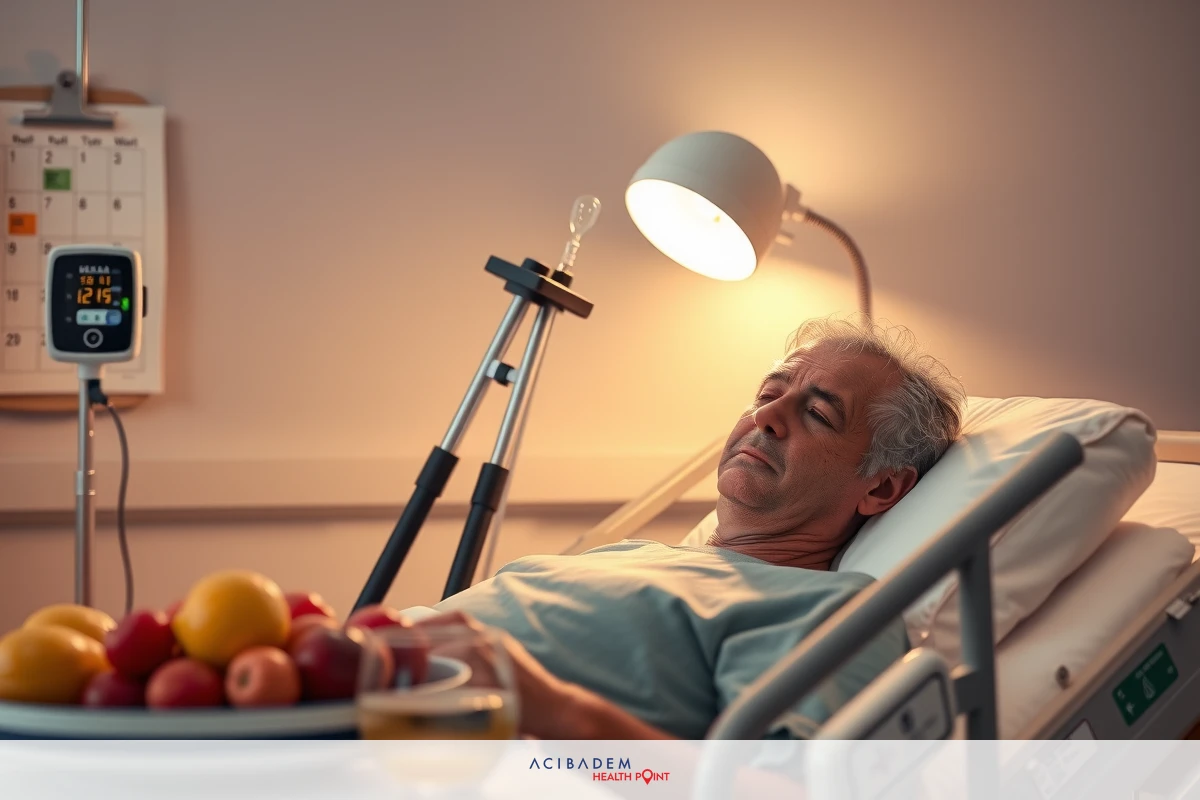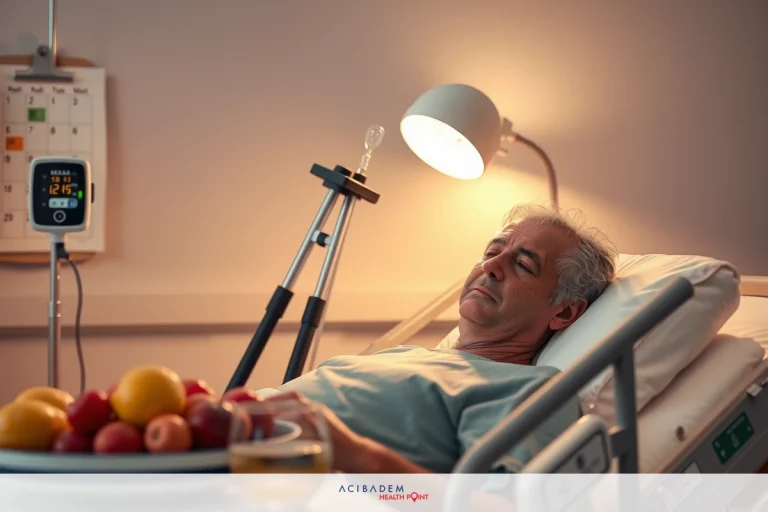What is The Average Recovery Time for Rhinoplasty
What is The Average Recovery Time for Rhinoplasty Rhinoplasty, a word in medical parlance meaning nose reshaping surgery, comes with its set of recovery experiences. Each patient’s journey is individual, yet there are common stages everyone goes through during their healing process. Expectations need to be managed and understanding what influences these timeframes can help patients prepare for this important phase.
A typical recovery timeline serves as a general guide but it’s essential to remember each person’s body responds differently post-surgery. Post-operative care plays an instrumental role in how quickly one recovers after rhinoplasty while following certain tips might aid in ensuring a smooth and successful convalescence period. The duration of swelling varies from person to person but generally decreases over time.
Factors Affecting Recovery Time
The journey to recovery after rhinoplasty, like the procedure itself, is not devoid of variables. Many factors can influence the average recovery time and these elements play a crucial role in shaping each patient’s unique healing process. One such variable is the individual’s overall health status prior to surgery. Those with robust immune systems typically heal faster post-rhinoplasty than individuals dealing with chronic illnesses or autoimmune disorders.
Another significant factor that affects recovery time lies within the intricacies of the surgical procedure performed. For instance, an open rhinoplasty – which involves making an incision on the outside of the nose – might result in a longer healing period compared to closed rhinoplasty where all incisions are made inside the nasal cavity. Additionally, complex cases involving reconstruction or revision surgeries may extend one’s convalescence phase due to their inherently intricate nature.
Lastly, but by no means least important, is how conscientiously patients adhere to their surgeon’s post- operative instructions during their recovery phase at home; professionalism must be mirrored from both sides for optimal results! From sleeping position adjustments designed to minimize swelling and bruising around operation area (typically elevated), dietary modifications aimed at promoting wound healing (nutrition- packed foods), right through regular follow-up appointments ensuring monitor progress – every single aspect plays a vital role in influencing how quickly they return back normal activities following this life-changing nose surgery.
Typical Recovery Timeline
Understanding the recovery timeline for rhinoplasty can help patients set realistic expectations and better prepare for their healing journey. It’s important to remember that this is a general guide, as individual experiences may vary based on numerous factors such as overall health, specific surgical techniques used, and adherence to post-operative care instructions.
1. Immediate Post-Operative Phase (Day 1): This period immediately following surgery is often marked by mild discomfort which can be managed with prescribed pain medication. Swelling tends to peak during this phase.
2. First Week: The first week post-rhinoplasty sees continued swelling but also the removal of internal nasal splints if they were placed during surgery – providing some relief in breathing.
- Second Week: By now, most bruising should have subsided significantly although slight puffiness around the nose might still persist; much progress has been made since day one!
- One Month Post-Rhinoplasty: At this point in time, most noticeable swelling will likely have diminished substantially allowing more natural-looking results start emerging; yet it’s essential note final outcome isn’t typically noticeable until year mark because residual minor decreases gradually over extended period.

The image shows a man lying in a hospital bed. He is an older gentleman with gray hair, and he appears to be unwell or possibly recovering from an illness or surgery. The hospital room has medical equipment around him. There’s also a bowl of fruit on the table beside his bed. It seems like a typical hospital setting, designed for patient comfort and care. - Three Months Onward: Most patients start feeling back normal physically around three-month stage while subtle changes continue evolve up two years after procedure completion – showcasing beauty slow but sure transformation process achieved through rhinoplasty!
Tips for a Smooth Recovery
Promoting a smooth and successful recovery process following rhinoplasty requires both physical care and mental preparedness. These tips are intended to help patients enhance their healing journey, though it’s essential to always follow the specific advice given by your healthcare provider.
- Follow Post-Operative Instructions: Adherence to these guidelines provided by your surgeon is paramount in avoiding complications and promoting optimal healing.
- Prioritize Rest: The body rejuvenates during periods of rest so ensure plenty of downtime especially within the first two weeks post-surgery.
- Stay Hydrated: Drinking lots of water aids in flushing out toxins from the body, keeping you hydrated and helping with swelling reduction.
- Eat Nutritious Foods: A diet rich in vitamins, proteins, and fibers can boost your immune system thus speeding up the recovery process; healthy nourishment cannot be underestimated!
- Avoid Strenuous Activities: High intensity exercises should be avoided initially as they can increase blood pressure leading potentially nosebleeds or heightened swelling – slow steady wins race here too just like well-paced marathon runner!
- Attend Follow-Up Appointments: Regular check-ins with your surgeon allow them monitor progress make necessary adjustments treatment plan if needed – ensuring best possible outcome achieved end this transformative journey called Rhinoplasty!
Each patient’s rhinoplasty experience is unique hence why individualized care remains at heart successful convalescence period after such procedures; therefore it’s important that you closely communicate any concerns experienced medical professional through course post-operative phase allaying fears addressing issues promptly professionally – contributing overall smoother more rewarding progression towards fully healed state!
Frequently Asked Questions
What is the average recovery time for rhinoplasty?
The timeline can vary significantly from person to person, but many patients start to feel normal around three weeks post-surgery. However, some subtle changes and healing can continue for up to a year or even two following the procedure.
Can I speed up my recovery process after rhinoplasty?
While you cannot rush your body's natural healing process, adhering strictly to your surgeon’s post-operative instructions and maintaining a healthy lifestyle could potentially aid in a smoother recovery.
Is there anything specific I should include in my diet during my recovery period?
A balanced diet rich in vitamins (especially vitamin C), proteins and fibers will boost your immune system thus aiding in the overall healing process. Staying hydrated by drinking plenty of water is also crucial.
How soon can I return to work following my nose surgery?
Generally, patients may return to work within 1-2 weeks after surgery. But this largely depends on what kind of job you have; jobs requiring strenuous physical activity might necessitate longer leave.











